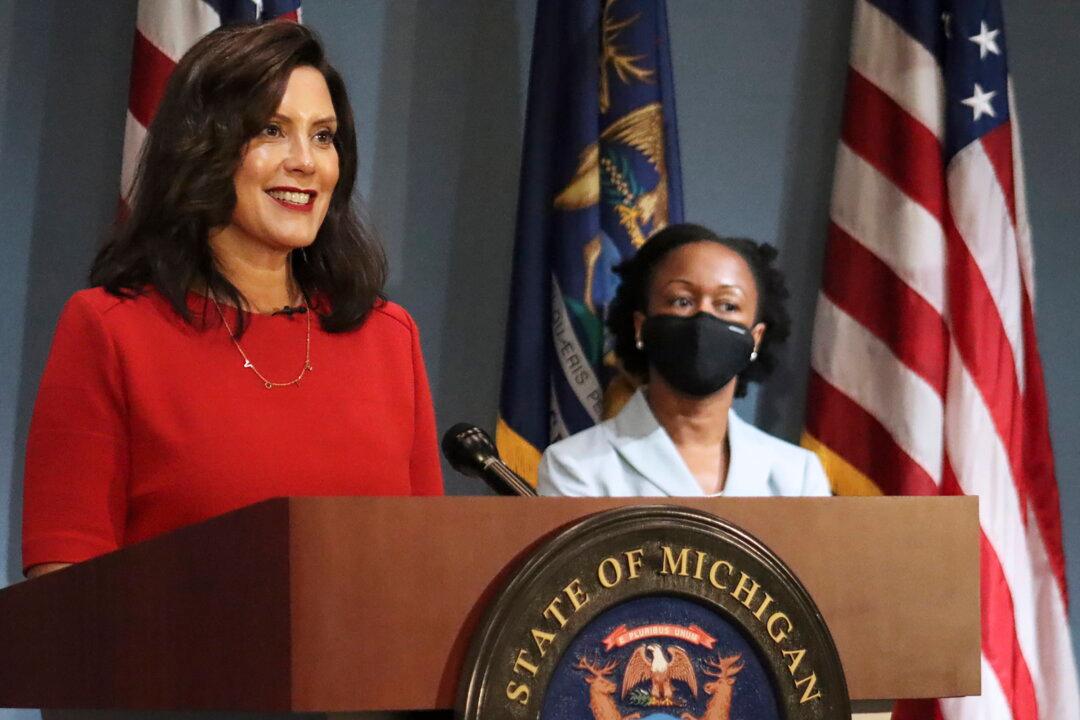Coordinated demolitions, snipers taking out armed guards, and a getaway with two helicopters were some of the wild details of an alleged conspiracy by the Wolverine Watchmen militia to kidnap Michigan’s governor in the summer of 2020.
But according to the Watchmen standing trial for this alleged plot, these plans were hatched after they were drunk and high—sometimes at the hand of an FBI informant.




